
President Donald Trump recently threatened to impose a 25% tariff on Apple if iPhones sold in the U.S. are not manufactured domestically. This announcement came via Trump’s Truth Social post, stating he had long informed Apple CEO Tim Cook that iPhones sold in the U.S. must be made in America, not India or elsewhere.
The news caused immediate market reactions, with Apple’s stock dropping around 3-4%. Currently, Apple assembles most iPhones in China, with growing production in India, but Trump demands reshoring to the U.S.
Background on Apple’s Manufacturing Strategy
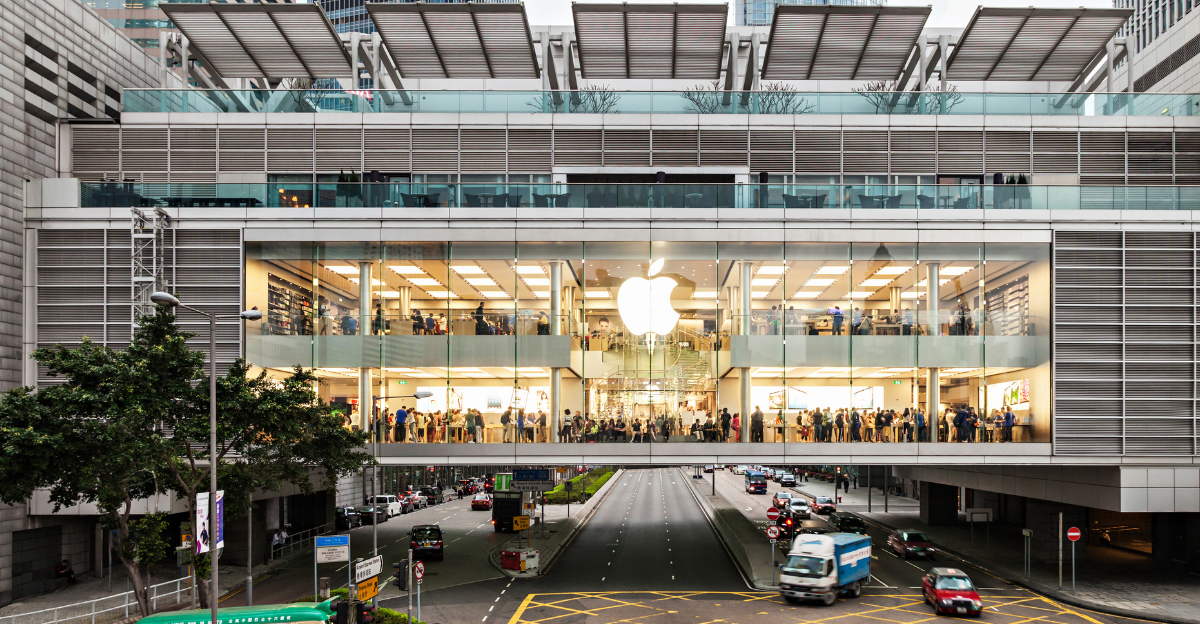
Apple’s global supply chain is complex. The majority of iPhones are assembled in China, which accounts for over 75% of global smartphone production. Recently, Apple has been diversifying by increasing manufacturing in India to mitigate trade tensions and supply chain risks.
Apple is also investing heavily in U.S. facilities, including a $500 billion commitment that covers AI server manufacturing in Houston, reflecting a gradual shift but not full reshoring.
Details of Trump’s Tariff Threat
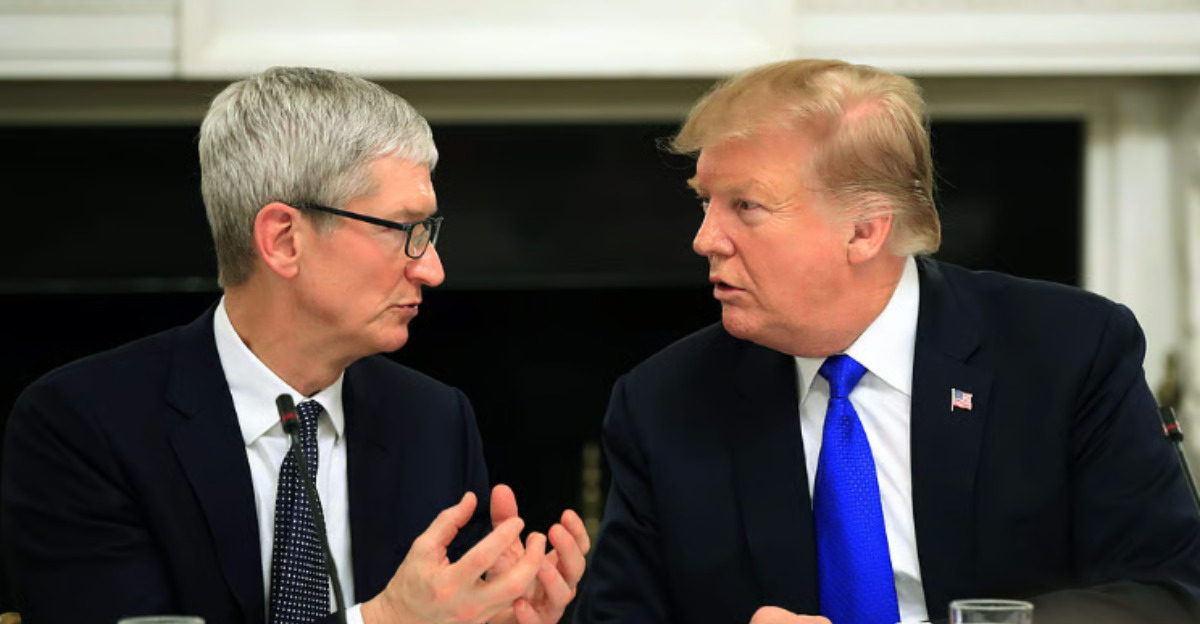
Trump’s ultimatum is clear: impose a 25% tariff on iPhones not made in the U.S. He has communicated directly with Tim Cook, demanding domestic production.
If Apple does not comply, the tariffs will take effect by the end of June 2025. Trump has expanded this tariff threat to all smartphone manufacturers, including Samsung, emphasizing fairness in trade policy.
Economic Implications of Reshoring iPhone Production

Reshoring iPhone assembly to the U.S. presents significant cost challenges. According to expert estimates, high labor and infrastructure costs in the U.S. could push retail prices from the current $1,000 to as high as $3,500 per iPhone.
Analysts suggest Apple would need to invest approximately $30 billion and several years to shift even 10% of its supply chain domestically, making the transition costly and slow.
Impact on Apple’s Stock and Market Reaction

Following Trump’s tariff threat, Apple’s stock fell by about 3-4% in premarket trading. Investors are concerned about rising production costs and potential adverse effects on sales.
The announcement also affected broader tech stocks and futures, reflecting market anxiety over increased tariffs and trade tensions.
Historical Context of U.S. Manufacturing and Tariffs
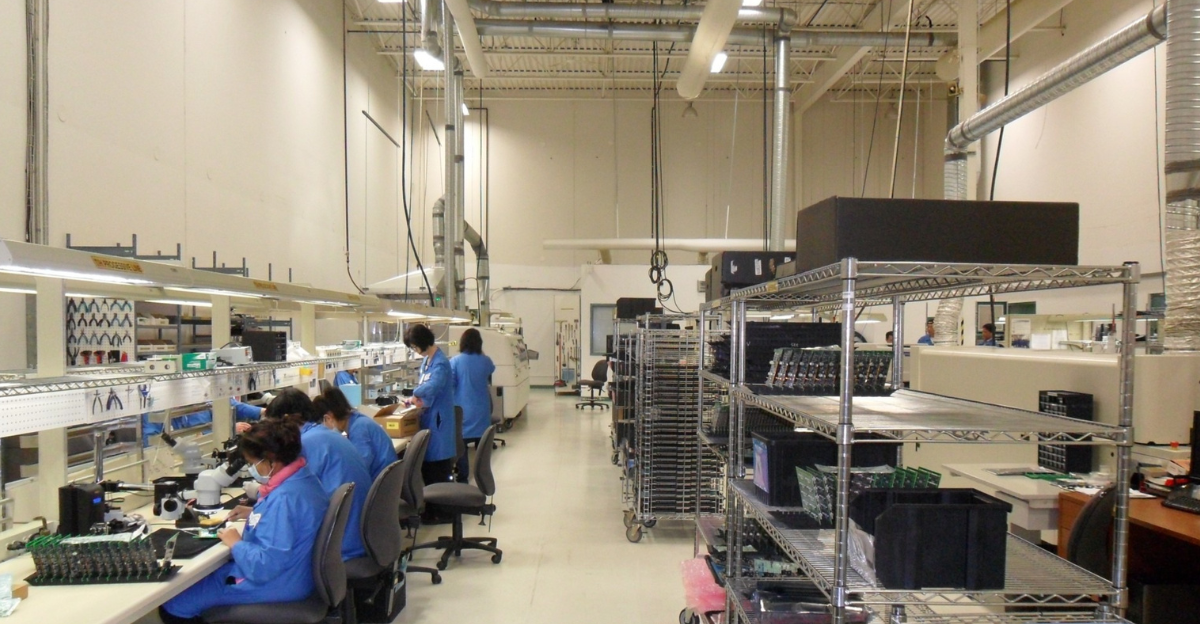
U.S. tariff policies have historically aimed to protect domestic manufacturing but often led to mixed results. Previous trade tensions with China disrupted tech companies’ supply chains, highlighting the complexity of reshoring electronics manufacturing.
Past efforts show that rebuilding domestic production capacity for complex products like iPhones is challenging and expensive.
Contrarian Views and Industry Expert Opinions

Industry experts primarily view the idea of full U.S.-based iPhone production as unrealistic. Apple’s supply chain is highly complex and challenging to replicate domestically.
Critics warn that forcing reshoring could lead to higher consumer prices and supply chain disruptions, potentially harming both consumers and the company’s competitiveness.
Unexpected Intersections: Geopolitics and Global Supply Chains
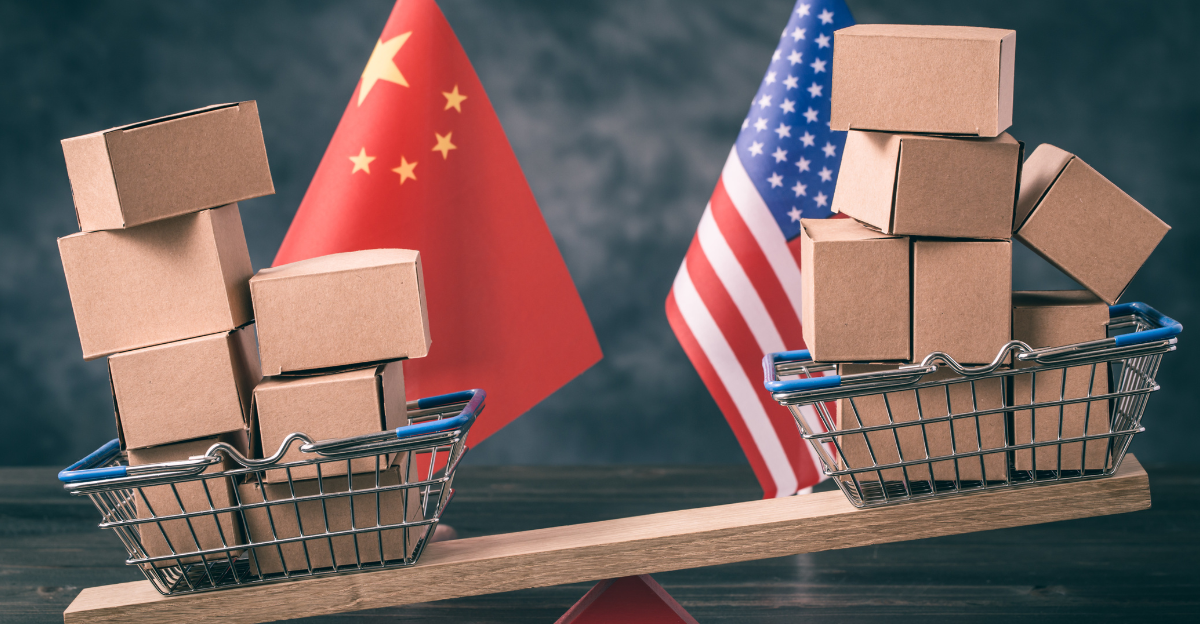
The tariff threat intersects with broader U.S.-China trade relations and global supply chain realignments. India’s growing role as a manufacturing hub offers an alternative to China, benefiting from favorable U.S. trade relations.
These shifts have strategic implications for tech manufacturing and national security as the U.S. seeks to reduce reliance on China while balancing global partnerships.
Case Studies and Extreme Examples

An extreme example illustrates the cost impact: a hypothetical $3,500 iPhone if production entirely shifts to the U.S. Similar tariff-driven price hikes have occurred in other industries, such as retail and toys, where companies like Walmart and Mattel faced increased costs and adjusted strategies.
These cases highlight the potential economic ripple effects of aggressive tariff policies.
How This Affects Americans Today
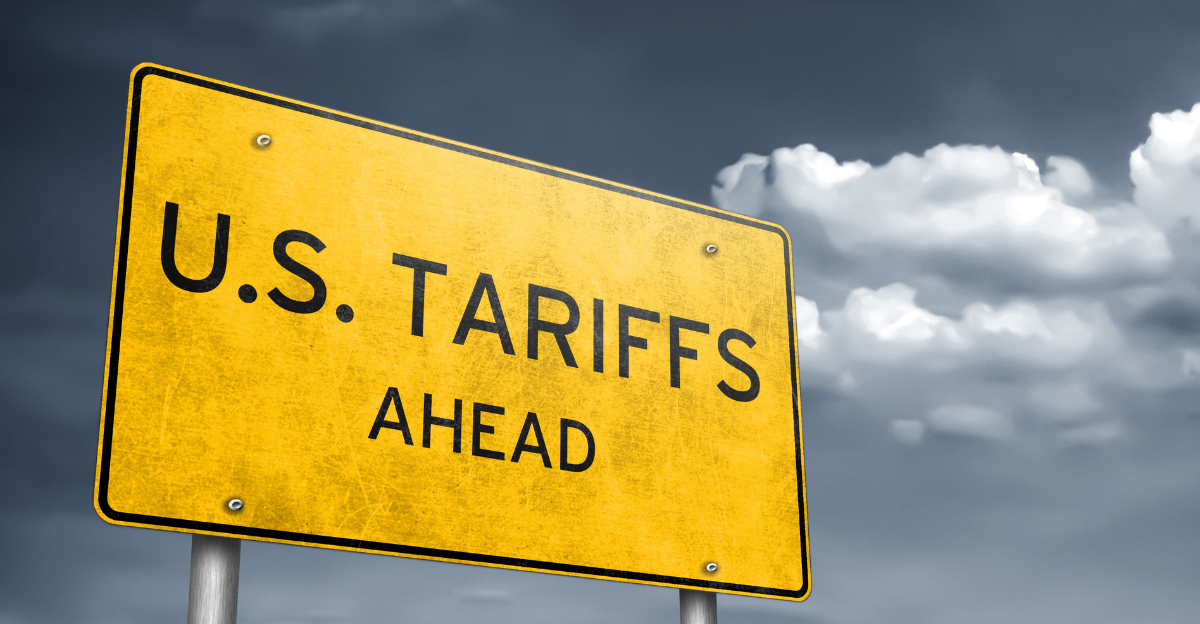
If tariffs lead to reshoring, American consumers may face significantly higher prices for iPhones and related products. While there could be some job creation in U.S. manufacturing, risks include reduced competitiveness and slower innovation.
The broader tech industry might suffer, impacting consumer choice in a globalized economy where supply chains are interconnected and cost-sensitive.
Discover more trending stories and Follow us to keep inspiration flowing to your feed!

Craving more home and lifestyle inspiration? Hit Follow to keep the creativity flowing, and let us know your thoughts in the comments below!
